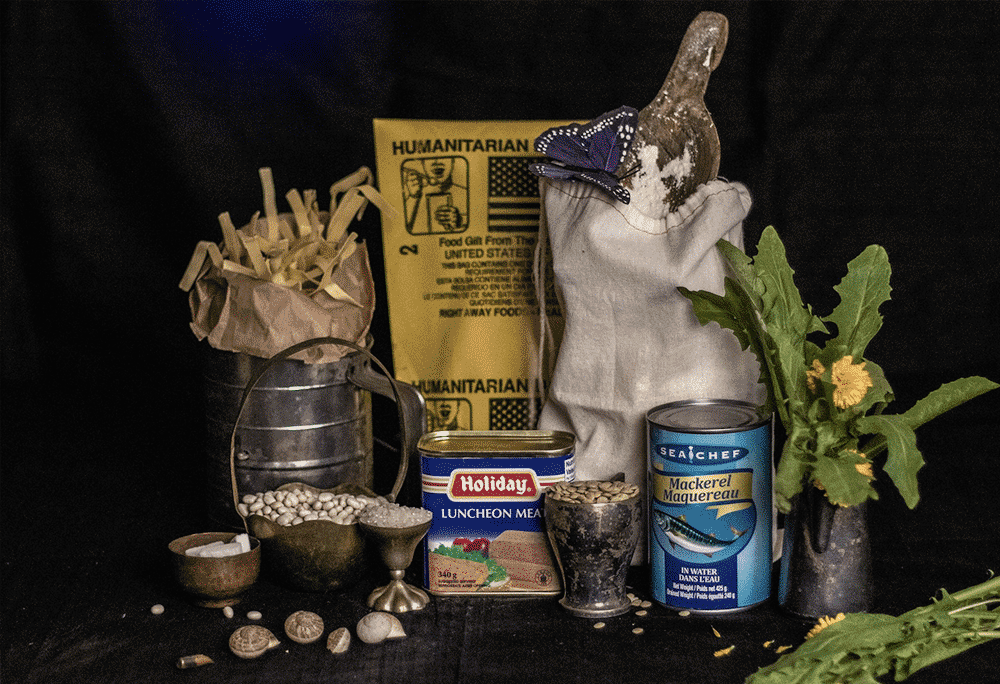Introduction
Amela Marin & Lida Nosrati
Food is integral to life. It sustains our health and is deeply intertwined with our cultural identity. It serves as a bridge to our communities and provides a means of communication with those we encounter and cherish. Across all cultures, food is a universal expression of love, a theme echoed throughout literature’s rich history. Without translators, many of us who are limited in our language skills would miss out on the exquisite passages about food crafted by literary giants such as Marcel Proust, Toni Morrison, Haruki Murakami, Italo Calvino, and countless others.
The significance of this topic became evident through the abundance of submissions we received for our food-themed issue. Regrettably, we were unable to include every outstanding piece of literature and exceptional translation due to the lesser emphasis on food within certain poems or narratives. However, the pieces we have chosen to publish highlight the universal importance of food across cultures and eras.
Within the realm of food, there exists both the joy of shared meals and the tragedy of starvation, often stemming from poverty or wielded as a weapon of war. In this issue, we feature, among others, accounts of starvation from past conflicts, including World War II and the Ethiopian famine of 1983-85. Despite our collective pledge of “never again,” we continue to witness instances of starvation in regions ravaged by conflict, from Bosnia to Rwanda, Yemen to Haiti, Sudan to Syria, Ukraine and now Gaza. The ongoing starvation of the Palestinian people and many other conflicts underscore the urgency to write and translate food narratives in the hopes that “never again” becomes reality someday and we won’t witness another “flour massacre”.
We invite you to delve into this issue, hoping it will spark your curiosity to explore this deeply significant subject. We conclude with a poignant quote from the esteemed Native American poet Joy Harjo: “Perhaps the world will end at the kitchen table, while we are laughing and crying, eating of the last sweet bite.”
We extend our heartfelt gratitude to Beatriz Hausner, Benoit Léger, Karl Jirgens, Stephanie Parent, Maryanne Casasanta, Negar Yazdanpanah and all the contributors who have broadened our horizons and ignited our inspiration.

